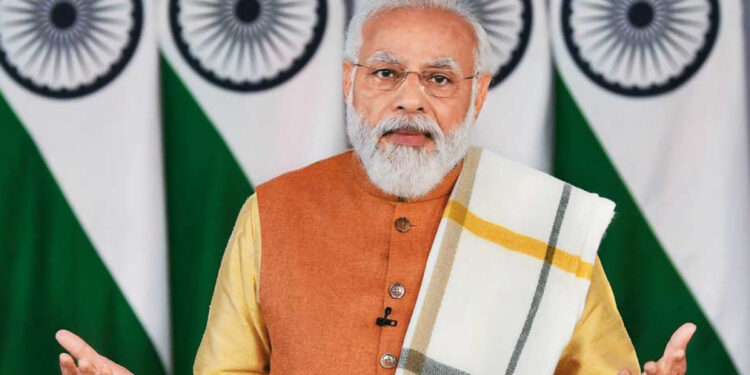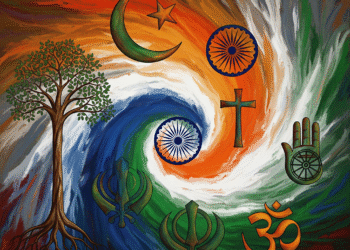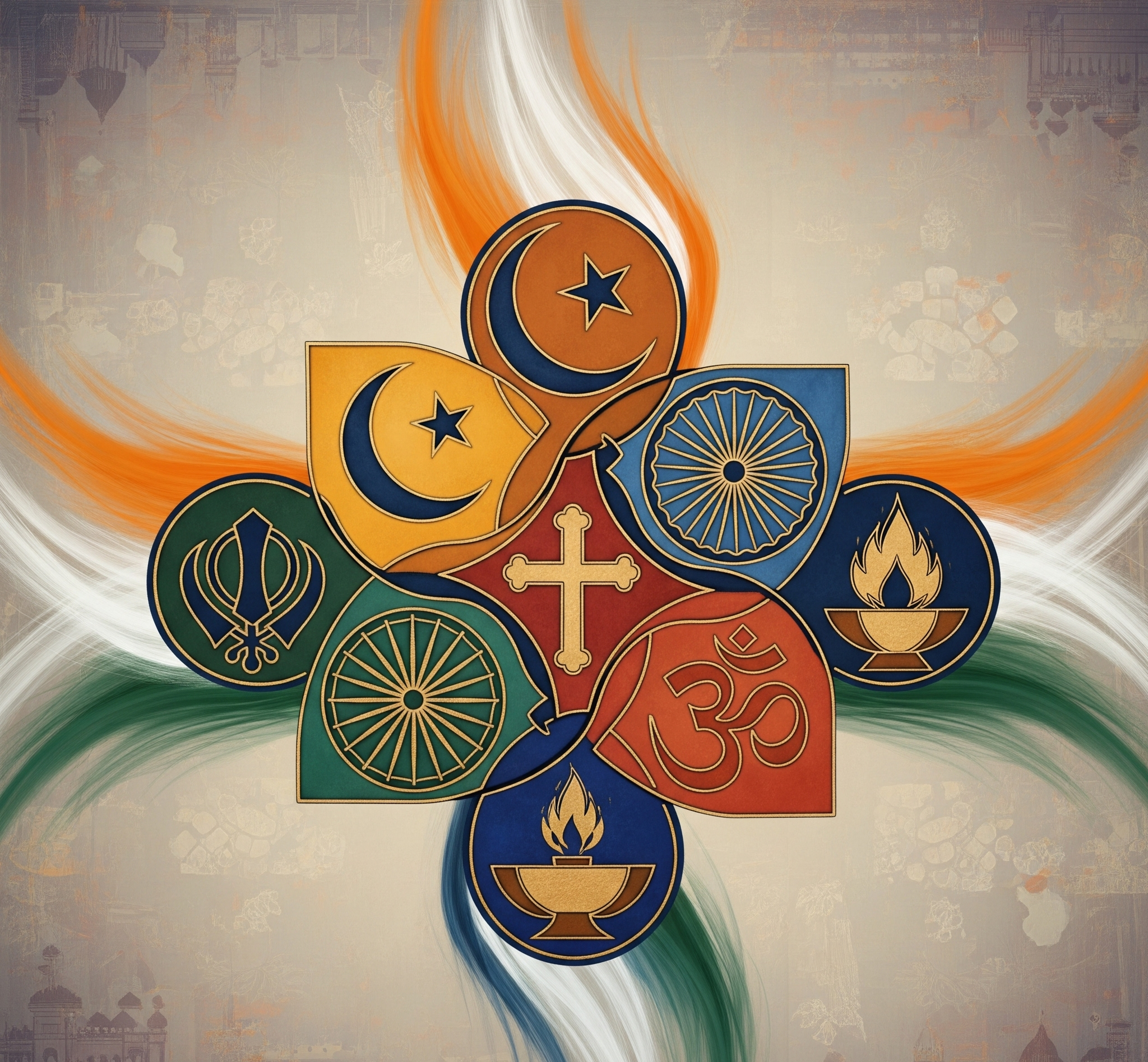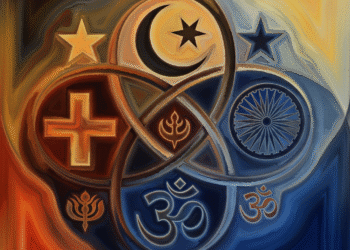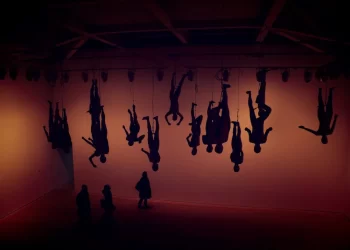No, I don’t hate Modi, and neither do a lot many others who look like they do just for not singing the Modi song like a broken record, unlike those on the other extreme of this spectrum, whose number, truth be told (and why not?), is phenomenal. And that’s an extremely dangerous thing if the person is a political leader, even if the object of such unfettered veneration were a man of the noblest fibre, for in the blinding haze of boundless reverence, democracies die a silent death.
It is in the nature of democracies to be noisy and disorderly because it is from this crucible of opposing forces and elements that accountable governance emerges, and the absence of accountability invariably results in the unfettered oppression of the powerless by the powerful, no matter which route, howsoever circuitous, it takes.
The sharp criticisms of Modi that many characterize as a product of “hatred” from the “Modi haters”, as the critics of Modi are routinely called, are fundamentally a reaction to the right-wing Hindu nationalism espoused and zealously practiced by the ruling dispensation under Modi. The critics of Modi are not so much the critics of the man as that of the idea of a Hindu nation, which idea is essentially reactionary and is fundamentally opposed to the constitutional vision of a secular, liberal and pluralistic republic.
Democracy’s greatest challenge is majoritarianism, which is precisely why we have Fundamental Rights enforceable specifically against the state by the constitutional courts. No matter how powerful the state, it cannot impinge upon certain individual rights that the Indian Constitution places beyond the reach of the state’s meddling hand.
Since the state cannot afford to be seen violating the basic civil rights of the people, it attempts to do the next best thing under those who crave limitless power — fracture the polity into groups, and play a large group against the small group to subdue the small group before moving on to the seemingly victorious large group and dividing this group, again, into a large group and a small group to play the same game all over again endlessly to retain power.
Political power is thus retained and consolidated by a single bunch of people, making them more powerful than any other united class of people across the polity, which spells the end of democracy because no united group is left capable enough to hold the ruling group accountable. And it is all done in the name of nationalism, and the greater common good with the power-hungry wolves in the sheep-skin of patriotism incessantly bleating jingoistic catchphrases falsely glorifying the nation’s past to keep the commoners in content slumber until it’s too late.
The playbook of totalitarianism is all too familiar from repeated use, and yet it always works in exactly the same circumstances that are widely known to give despotic ideas the traction they need to unleash disaster. The seeds of such disaster lie in the very idea of “Hindi, Hindu, Hindustan” that forms the bedrock of the right-wing ethnic nationalism that the BJP and the RSS have relentlessly pursued, and which continues to guide Modi’s policies. But, let me be clear here, I don’t blame Modi for any of it. Politicians of all stripes gain popular acceptability by espousing popular causes and manipulating the fears of exclusion and deprivation of a politically significant number of people, for it is far easier to win passionate support of large numbers by holding forth as a saviour of sorts than by getting down to the brass tacks of good, accountable governance.
Hatred and fear, as a matter of fact, are far more effective in carrying people along with flags and slogans — even if it is down the cliff, into a raging abyss — than such insipid ideas as equality, fraternity, transparency, accountability, sustainable development, scientific temper, human rights, and pretty much all other noble ideals that the Preamble to and Part III and Part IV of the Indian Constitution specify or imply. Constitutional ideals need to be upheld not for being constitutional or even noble, but for their unifying character, and for the spirit of justice and fairness that illumes their core. While politicians would always try to divide us, for that’s how politics works — fear and hatred being just two of the most effective tools — it is our job to stick together and stand up for each other. Modi is just doing what he is supposed to do as a politician; the question is, how are we doing in comparison as people and citizens? Pretty miserably, I say.
India is a breathtakingly diverse nation, and the project of homogenizing India is not akin to merely swimming upstream, not even close: it’s more like standing at the base of a fountain and flapping your arms to rise against an incessant, vertical torrent of water; so not only are you doomed to fail but also, the higher you manage to jump, the greater the danger of crushing your legs on the way down. We tried that once in 1947; didn’t go so well. The point is, if you sow discord, you’ll reap division. And that’s not the kind of farming I am interested in, or can help resist in good conscience. Modi, however, is not the problem, we are.
Originally as part of my monthly column Street Lawyer in the January 2021 Issue of Lawyers Update (Vol XXVII, Part 1).

